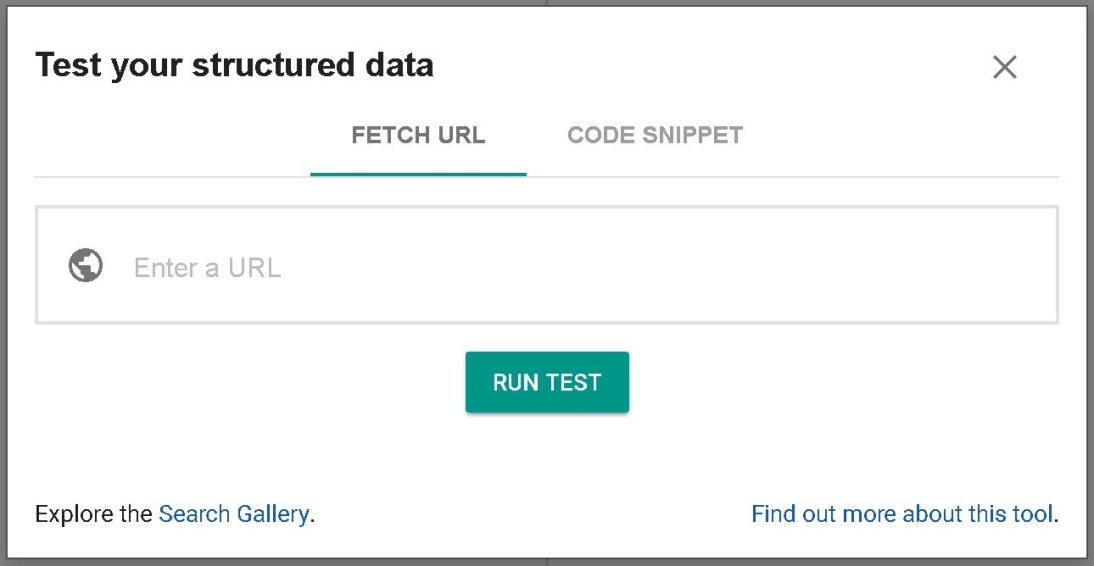Chapter 6: Optimize Your Band Schema for SEO
Schema is one of those things that, as a musician, you might have heard about but probably don’t want to have to learn. It’s pretty technical and easy to get wrong.
So we’ll try to simplify it for you in this chapter, and give you some easy shortcuts.
Schema is, in a general sense, a fancy technical way of tagging information on the internet to make it structured so that computers (like search engines) can understand it better. It’s markup that’s added to specific types of information on a regular website, like event listings, hidden in the code where only search engines will see it.
Google uses this structured data for their Knowledge Graph in a big way.
As Google themselves say: “When information is highly structured and predictable, search engines can more easily organize and display it in creative ways.”

So... why is schema important to you as a musician?
When you add the right schema on your website, you can influence the rich information that can appear in Google search result pages for your band keywords.
That "rich information" can include a more complete band Knowledge Panel with concert listings, discography, social profile links, and more. It can also help you get those nice tour event carousels, album carousels, knowledge cards for songs, and so on.

The most important thing to focus on is your band website. Google is pretty clear about this in their structured data guidelines: “Publish markup on a page on your official website.”
Known Sites
If you use other platforms - like Bandcamp or Bandsintown - they can also help support your schema in addition to your band website.
These have to be “known sites”, or sites that Google knows officially belong to you.
As Google says: “If you add markup to a known site, that data is treated as authoritative and used for Knowledge Graph cards.”
You can help make your other platforms “known sites” by linking to them from your band website and from your Google Brand Account.
If you decide to add information, like show listings, to multiple platforms - like, on your website and also on Bandsintown - it’s really important that the information is identical in both places.
Don't rely only on other platforms - make sure the schema is on your website. Your official band website will always be treated by Google as the main authority for information about your band.
The Structured Data Testing Tool
Before we get into the details, we need to introduce you to an important tool.
The Structured Data Testing Tool is provided by Google to show you what kind of structured data exists on a particular page. It’s pretty handy and we’ll show you examples from it throughout this chapter.

The Structured Data Testing Tool is an easy way to see what’s on a web page.
All you need to do is enter a URL into the tool, and it will show you the schema that’s hidden in the code on the page. It’ll also flag any errors.
Another tool you can use, to see what structured data Google sees on your website, is Google Search Console.
Now let’s look at the different types of schema you can optimize.






